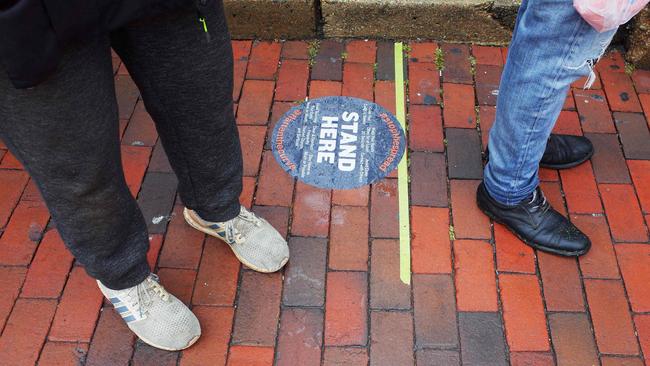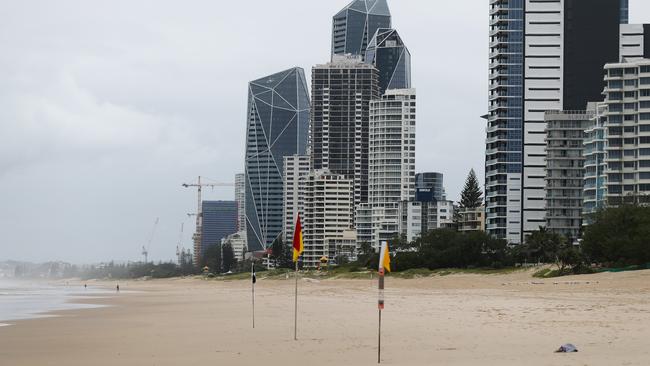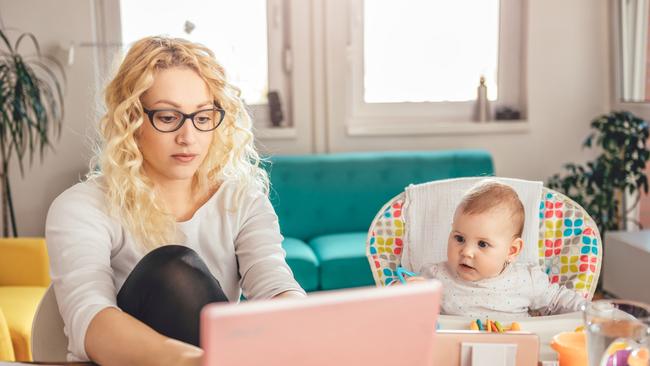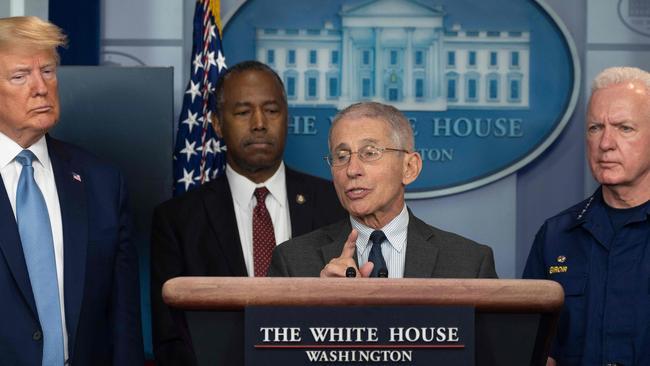How will COVID-19 permanently change the way we live?
We are facing plenty of unknowns, but we can be sure that this will one day end and most of us will survive, writes Paul Williams. But it’s anyone’s guess how coronavirus will alter society.

There are infinite unknowns around COVID-19 but two things are almost certain.
One is that this thing will eventually end and the vast majority of us will survive. The other is that we’ll all be changed by the experience, even if just a little. But exactly how we’ll be changed is anyone’s guess.
As we turn our backs on a world of pubs, clubs and cafes, the change we most hope for is to rediscover the joy of looking inward to the family home. Unable to see friends and workmates, mum and dad and the kids may well strengthen the nuclear family and find a new found love, for example, over dinner table conversation.
The corollary is we pray this crisis brings out the best in each of us. We’ve already seen short-supply essentials like toilet paper shared freely among altruistic neighbours. Like the New Yorkers who gave up subway seats to each other after September 11, we know we’re all in this together.

Of course, panic can also bring out our worst. How else can we explain online scams, panic buying and brawls in supermarket aisles?
And while drinkers this week flocked to bottle shops for last minute stock-ups – and as casinos and TABs also close – a quiet existence at home may well remind us there’s more to life than getting sloshed or punting away the grocery money. Ideally, a more temperate life will also reduce family friction and, hopefully, domestic violence. A collapse in street crime should also be a no-brainer.
This return to domesticity will also bring a change to how we work and study. With workplaces already allowing staff to work from home – and with schools preparing online curriculum before their inevitable shutdown – we might now be creating a lifestyle from which there is no return.
Indeed, workers and students may demand to continue to work from home to avoid an angst-ridden outside world of long commutes and office politics. For universities, it could mean the end of face-to-face teaching as we know it.

With academic conferences also cancelled, the implications for scholarly communities are enormous. After all, universities – as custodians of knowledge and sites of intellectual reflection – are far more than the sum total of their staff and students.
Moreover, employers may well find the economic advantages of home workers too great. They may baulk at forcing us to return to workplaces where workers wear out expensive infrastructure. Business would certainly see it as more cost-effective to keep workers at home where employees can use their own carpets, computers and coffee pots.
Then there’s the natural environment.
If you accept that viruses emerging seemingly from nowhere are Mother Earth’s revenge against a human race hellbent on destroying the natural order, then you might take some comfort in the fact the COVID-19 and its economy-killing impact has at least cleared the air above developing countries.
And with so many businesses now reluctant to handle cash, how long can it be before the coin and banknote go the way of the personal cheque?

But perhaps the most likely – and culturally critical – legacy of a post-pandemic world is a return to public trust of both scientific expertise and political institutions. It’s all so easy – and very entertaining – to promulgate conspiracy theories about vaccines, fluoride, NASA and shapeshifting lizard people while we’re all warm and snug in our happy, unthreatened homes. But when there’s a real crisis, it’s science we turn to.
Look at US President Donald Trump who, after initially dismissing COVID-19 as a Democrat “hoax”, appeared to take the threat seriously before suggesting a removal of health protocols to stimulate the economy. The result? Just 50 per cent of Americans – roughly along party lines – approve of Trump’s handling of the crisis. By contrast, 72 per cent approve of their Republican or Democrat state governor who has listened to scientific expertise. The era of populist claptrap may finally be over.
And who is delivering an Australian economic stimulus package valued at $189 billion? Is it business? Is it a philanthropist? No, it’s a federal government to which we all look in times of trouble. Indeed, this reawakening of big government may well see a return to Keynesian economics as Australia and the world face not only a recession but perhaps a global depression lasting years.
Yes, we will emerge from this crisis transformed. But whether those changes are for better or worse is up to each and every one of us.
Dr Paul Williams is Senior Lecturer, School of Humanities, Languages and Social Science Griffith University
Originally published as How will COVID-19 permanently change the way we live?
